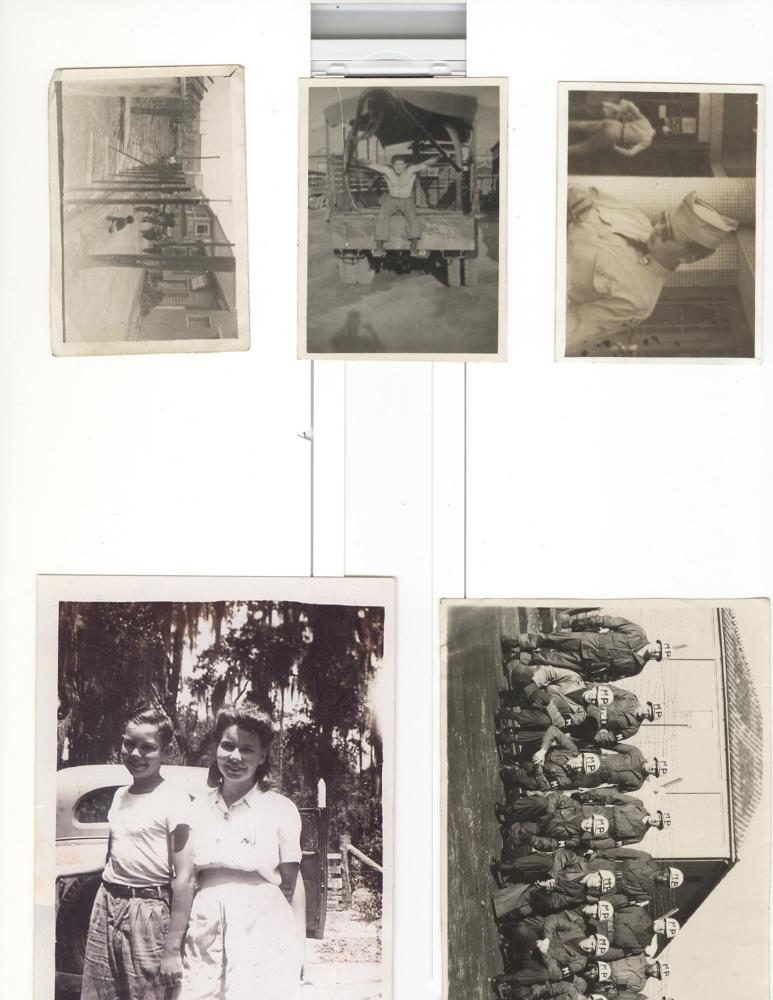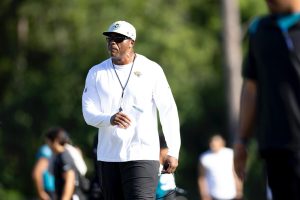The American Development
May 5, 2017
“One of my favorite stories is of the first big opportunity Dad received to bid on a state project,” said Nancy Hanna, Edward Green’s daughter. “He used to tell us about it to emphasize how important it was to be thorough and detail oriented.”
“The Project was the lighting of a rest area along Interstate 10 outside of Jacksonville,” Hanna continued. “He picked up the plans and carefully crafted his bid. It was a competitive process, and the qualified contractor that handed in the lowest bid (price) for performing the work is awarded the project.”
Green was eager to work on the project, but he needed to beat competitors’ prices.
“After very carefully reviewing all the work, he put together the lowest price he could so he would be awarded the project. The project award is a public affair, and he went down to the department of transportation on the day they were opening the bids to see if he had won. To his surprise, he was the lowest bidder; but to his dismay, he was much lower than all the other contractors. As he was leaving, one of the other contractors asked how he could do the work so cheaply, then mentioned Dad’s price was only half of his. He joked that it was like Dad had only bid on one side of the rest area.”
Hanna added, “Dad laughed it off but then hurried back to the office to review the plans. In the bottom right-hand corner of the plans, he had missed a note that said the lights had to be installed on both sides of the highway. He only bid one side. He went and perfect the work, lost a lot of money and never forgot the lesson that ‘the devil is in the details.’”
Bidding for a state contract for building is difficult in the electrician business; winning one is something of an honor.
Edward Green had been an electrician for some time before he founded Commercial Electric. In this bid, he finally had a major opportunity–the chance to start building his own company.
This was huge for him; he had a chance to grow his company even further.Although he originally started in a dual partnership of SNG Electric in 1956, he soon realized partnership was not for him. He left SNG Electric and created Commercial Electric in 1959.
His origins started at 17 when he joined the military to support his family. He fought in the Korean War, and as soon as he got out, he joined the Electrician’s Union. During the day, he worked as an electrician apprentice, so the Union paid for his training to become an electrician.
Through this process he worked long days, then got home and learned the proper way to be an electrician. Alan Green, Edward Green’s son, said, “I think one of the biggest things I got from dad was his work ethic. He expected everyone to work hard, me and everyone else. That always has had a huge impact on me.”
Overall, he worked over 38 years as an electrician before he gave his main company, Regency Electric, to his children.
He created Regency Electric in 1978 to escape from the concept of Union labor. Regency was a nonunion business that led to him to eventually become more successful. Due to the increase in demand for nonunion labor, he decided that it would be better to have Regency Electric be this way.
The issue with Union labor is that it can allow for abuse on the employee side, but nonunion labor can allow for abuse on the employer’s side. Alan Green said, “The best way to look at it is as a pendulum. At the start the pendulum was on one side, where the employers were, abusing the employees. Then it can swing to the other side allowing the employees to be lazy and not work.”
One of his core beliefs was the idea that making employees happy and giving them an environment that makes them feel like they are part of the business will transfer over to your own success. Hanna said, “People really liked him. They wanted him to succeed. It was one of the biggest things he taught me–you’ll succeed if the people around you want to succeed.”
She also said, “He had a magnetism to him, an ability to motivate people. He rewarded people and included them in his success.” It was very important to Edward that his employees were taken care of. This was one of the main reasons he was able to become so successful in his businesses.







